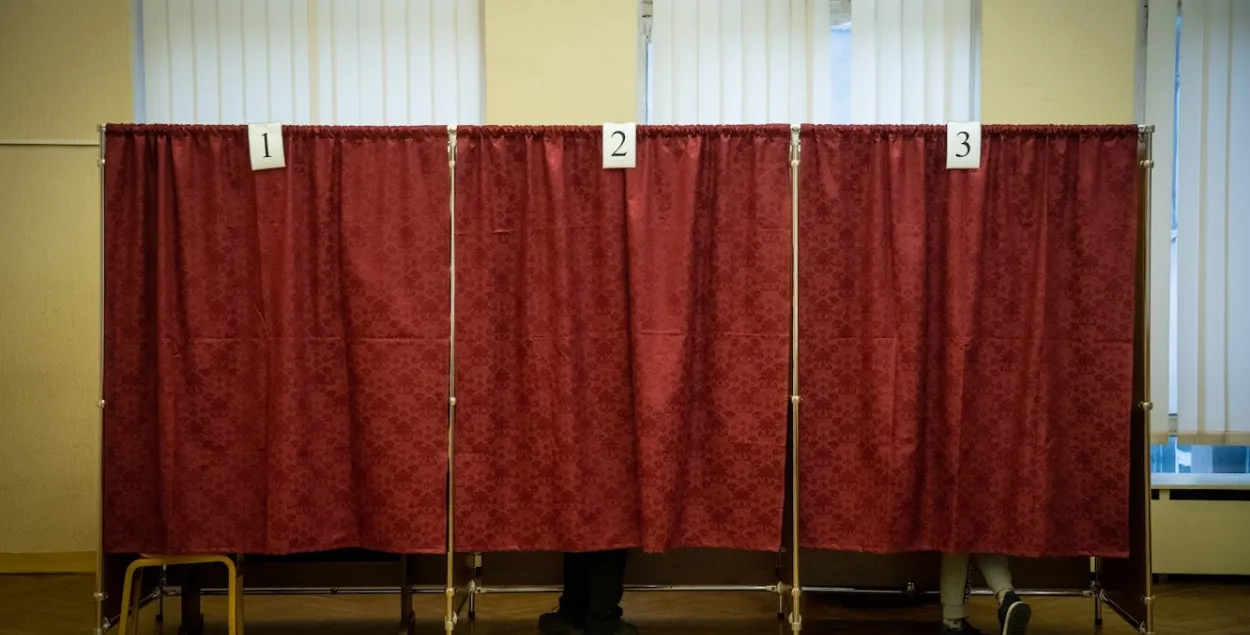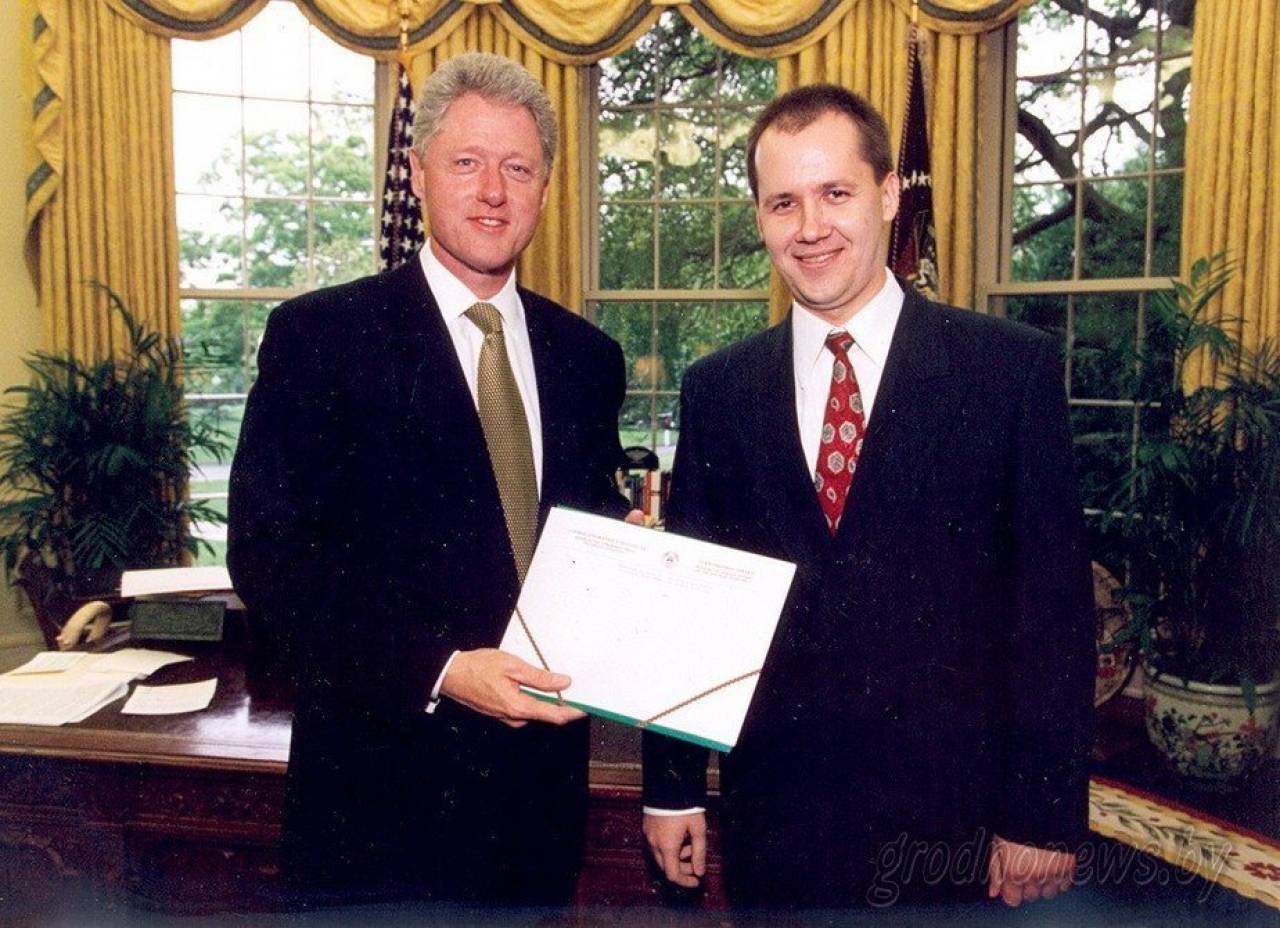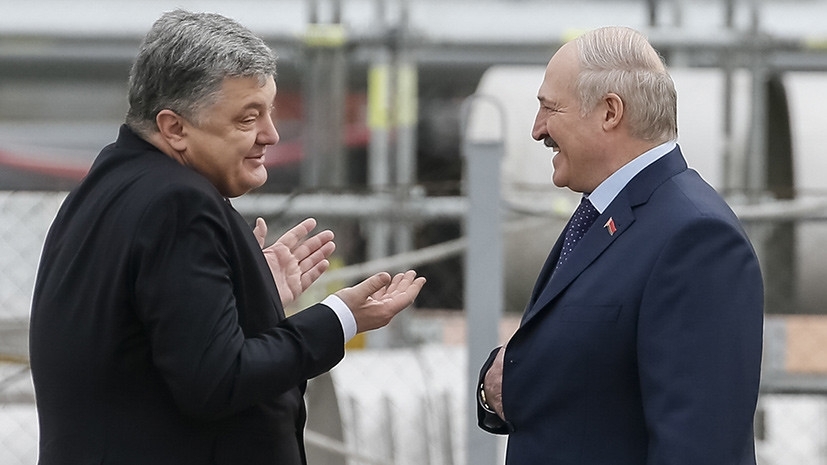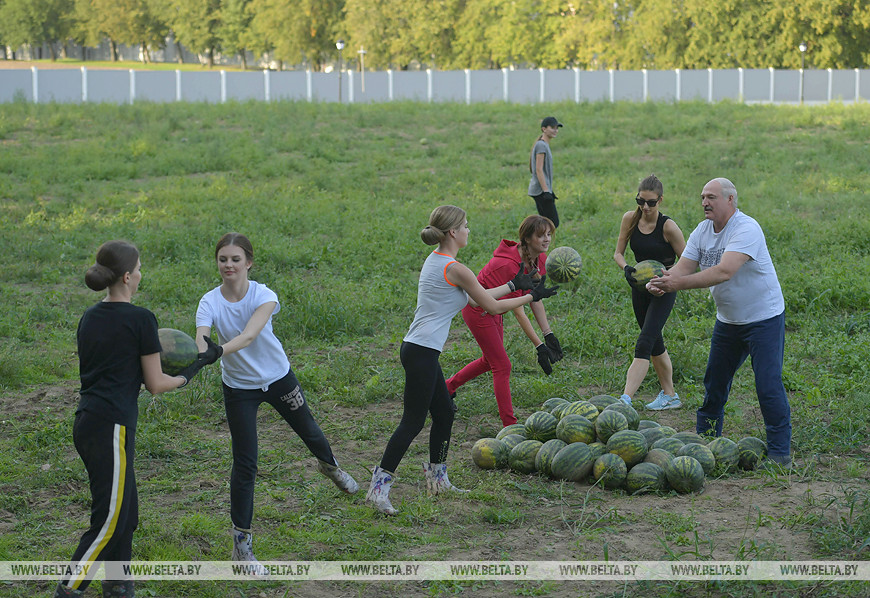Presidential election in Belarus: Key differences between 2015 vs 2020

At the polling station
It became clear from the start that this year's presidential election in Belarus would not be similar to the previous one. It is to be held three weeks earlier than expected. The election campaign will be incredibly short, and almost all of it will be held in summer. The CEC and MPs of the House of Representatives left potential candidates a little more than a week to put together and register initiative groups.
Both the country and the people who live in it have seriously changed in the last five years. Together with Belarusian experts, we recall the election of 2015 and compare it with the current campaign.
"Traditional opposition" in crisis
This year's campaign will take place against the background of an acute economic crisis, which wasn't here in 2015, and, of course, against the background of a pandemic. It would seem that the situation would present a great chance for opposition politicians to score points on the protest sentiments in society. But political analyst Artyom Shraibman reckons that the opposition was unprepared for the 2020 campaign.

"We see this in human resources, financial resources, and creativity in general. We see a parade of refusals to participate in the election among "traditional" representatives of the opposition, except "Tell the Truth" campaign. The only thing that the opposition can do now is to encourage people to stay at home. "The People's Quarantine", he said, "is a rather an ostrich attitude, and it's unclear what its prospects are".
The BPF and the Belarusian Party of the Left "Fare World" have refused to participate in the election. After the collapse of the "single" candidate primaries, the center-right coalition announced that it would register a "single" initiative group, but only to legalize its protest events. From the very beginning Mikalai Statkevich and his team said that the registration of the initiative group was only to get the right to hold legal pickets in the streets.
IT-president for IT-country?
In late 2015, after 9 months, IT-entrepreneur Viktar Prakapenia was released from the detention center in Minsk. He is called the ideologist of the Decree #8 "On the development of digital economy," which was adopted two years later, in December 2017. A year later Lukashenka automatically called the IT specialists "eggheads". But at the same time he talked about Belarus as an IT country.
The IT folks are becoming a separate class in society. It is believed that they are not interested in politics. But everything is relative. They are not interested as long as Belarus becomes more and more comfortable for work and for spending the money they earn. But what if the country goes in the wrong direction? What if it has been moving in the opposite direction for more than a quarter of a century?
The last thesis is from the text of Valer Tsapkala, the founder of the High Technology Park (HTP), in which he outlines his presidential ambitions. In December 2017, Mr. Tsapkala no longer worked for the HTP. No one explained what caused his dismissal.

Former diplomat and top manager of the HTP, Mr. Tsapkala claims that no IT company is behind his nomination. But it is clear to everyone that if anyone has money for a full-fledged presidential campaign, it is the IT business.

It is the campaign of Valer Tsapkala that political observer Alyaksandr Klaskouski will find most interesting to observe:
"The Tsapkala factor is here -- for the first time since 2006, there may be a representative of the privileged class at the elections. It is not known whether he has a team, whether he will be able to collect signatures, and what stage he will reach. But his appearance is the only thing that adds interest to this campaign."
YouTube vloggers
It is hard to imagine now, but in 2015 social networks did not yet a feature like "live broadcasting". Three and a half years ago, Facebook and YouTube users only had the opportunity to "stream" their content. The first Belarusian "social video-bloggers" collected subscribers on live air discussing the topic of social parasites.
Today telegram-channel is getting millions of views on political content. Streamers like the Orsha-based Gray Cat get tens of thousands of subscribers. YouTube bloggers have become prominent players in the Belarusian information space. The authorities also noticed them: several Belarusian video bloggers were detained on the day when the elections 2020 were announced.
One of them is author of the "Country for Life" channel Siarhey Tsikhanouski - unveiled his presidential ambitions. Today he has almost 180 thousand subscribers, and more than 30 thousand have joined his channel after the detention.
Video blogger Pavel Spiryn, who has a channel with almost 30 thousand subscribers, also voiced his desire to fight for the presidential post. Mr. Spiryn became known after he published the documentary "Stepfather," where he criticized Aliaksandr Lukashenka. This video now has over 1 million views
Telegram Channels
In 2015, the Telegram messenger already existed, but more like a test toy of its creator Pavel Durov. It took a couple of years to become really popular and indispensable. In 2017 and 2018, the Belarusian Telegram channels appeared. They now have several hundred thousand followers. And it does not matter anymore that some people grew up on anonymous info leaks.
Telegram channels are a quick and easy way to publish information from anonymous sources. They would help to expose violators at polling stations. This would spoil the lives of those who set up the violations.
Parade of candidates
Fifteen people have already announced their intention to run for the presidency in 2020. It's not clear who of them will be registered by the CEC. But it is quite possible that the 2020 elections will be more like the elections of 2010 when there were 10 names on the ballot. In 2015, there were only four of them.
On May 12th, banker Viktar Babaryka announced his intention to run for president. "The nomination of Babaryka and Tsapkala, if it's their personal initiative (and I'm inclined to think it is), is a symptom of fermentation in the elites," said Artyom Shraibman. "Being formally outside the system, a former official and head of a bank reflect the opinion of a large part of the top business and nomenklatura, who are simply fed up with the status quo."
"Collecting signatures in time of plague"
Even now politicians, analysts and people who are part of the process agree that it will be very difficult for potential presidential candidates to collect 100 thousand signatures. Yury Hubarevich, one of the center-right coalition leaders, speaks about the danger of collecting signatures during the coronavirus epidemic.

"It all boils down to the candidate having three thousand people who will do it. If they have only one thousand, it will be difficult to collect signatures even for a person who will give each resident of Belarus a new refrigerator," said the political activist, who used to collect signatures for opposition candidates during the campaigns of 2001, 2006, and 2010.

"The collection of signatures will be held at the peak of coronavirus epidemic. According to most forecasts, it will happen exactly in the second half of May or early June. That's why people will be reluctant to let some collectors of signatures into their flat. Under such conditions it will be very difficult, if not impossible, to collect 100 thousand signatures for all Lukashenka's opponents. I think this is what they count on: if no one collects enough signatures, then Lukashenka's team will choose whom to put on the ballot as a sparring partner," said political analyst Valer Karbalevich.
What will be the "new Ukraine"?
Artyom Shraibman recalls that 5 years ago Lukashenka elegantly used to his benefit the rhetorical question "Do you want another Ukraine here?".
"In 2015, the authorities could have held the election easier from the ideological standpoint, because the experience of Ukraine was clearly visible. There was a demand for peace and stability, which was actively exploited by the authorities, compensating for bad economic performance already then. But today it is no longer relevant. It will be difficult for the authorities to come up with an agenda that would be convincing," the political observer believes. "Basically, Lukashenka's program will not be so easy to write. There aren't many achievements in any field: be it the economy, the fight against the pandemic, or relations with neighbors. Perhaps, he will try to play a defender of sovereignty, but I am not sure how relevant this topic is for the majority of Belarusians now, given the more acute problems."

Valer Karbalevich has an answer to the question of what will be the "new Ukraine" for Lukashenka this year:
"The factor which Lukashenka can use to vindicate himself will be coronavirus. Lukashenka will say: it is not my fault that we have such salaries and pensions. This is a global problem, the economy has failed all over the world.
How well will it work? I think, in a sense, it really will. And no one will pay attention to the fact that the problems started in Belarus before the coronavirus."
Nobody cares about election in summer
For the first time since 1994, the elections are scheduled for the summer. In 2001, when the president was elected on September 9th, the election campaign was conducted almost completely over the summer, too. But three subsequent campaigns were held in spring, winter and autumn respectively.
According to Karbalevich, Lukashenka has a very low rating, so the authorities are not interested in people coming to the polls at all:
"Look what date they chose: August 9th. The authorities could have chosen August 30th, as Yarmoshyna said earlier. On August 30th students will already be in dormitories, and parents will come from vacation to prepare their children for school. And on August 9th, people will be on vacation. I think that a third of the population will be somewhere away on the beach at that time when the borders will open. The people who go away for vacations are not exactly Lukashenka's electorate. And street protests on such date are unlikely".

Lukashenka's rating
In 2015, despite certain problems, Lukashenka was sitting pretty. Nobody knows what his electoral rating is now -- nobody knows for sure. If there is any research on this topic, it has not been published. But even if the rating is really small, the head of state does not care about it.
"The people are certainly dissatisfied. There is no sacral "500 USD for each person" salary. Wages are collapsing again because of the growing dollar exchange rate. And, of course, many people are dissatisfied with the way Lukashenka behaves and what he says in the context of the pandemic. I think he offended a significant part of his traditional electorate when he said that it was the fault of those who died because one shouldn't have walked down the street and someone weighed too much," continues Alyaksandr Klaskouski. " But it could have been of concern to Lukashenka if votes were really counted in this country. And since everything is in the hands of reliable people, he won't worry too much. As for possible protests, they will try to strangle them in the bud, which in principle is already being done now when the supporters of blogger Tsikhanouski and opponents of the battery plant in Brest are arrested en masse."



















